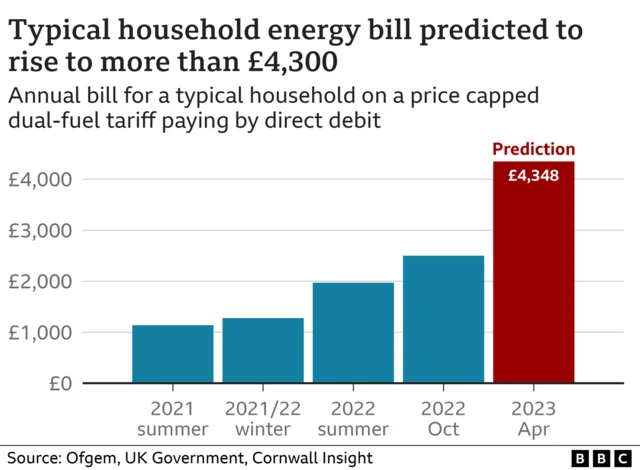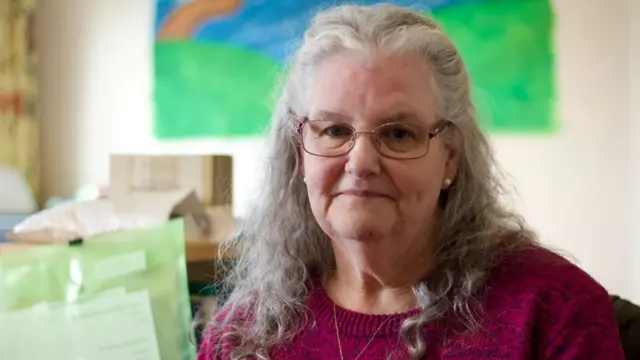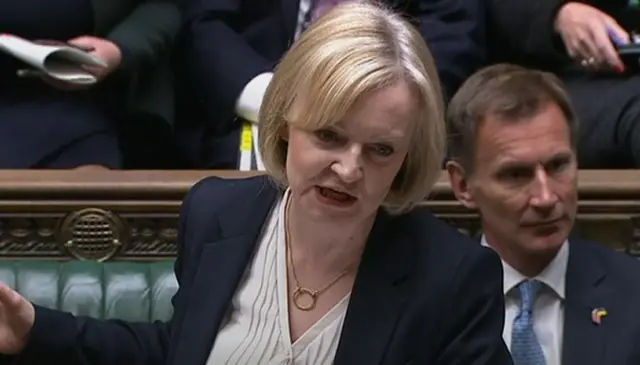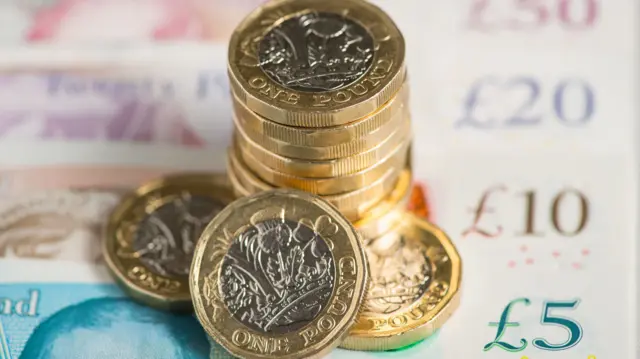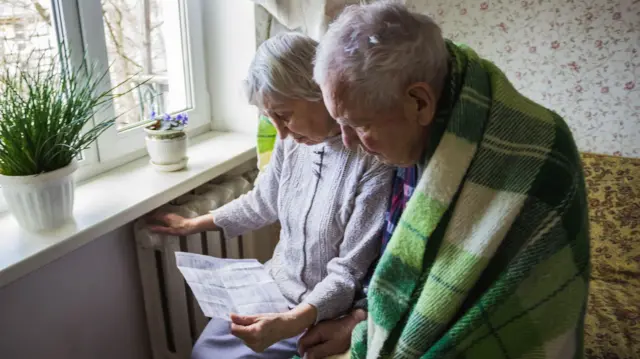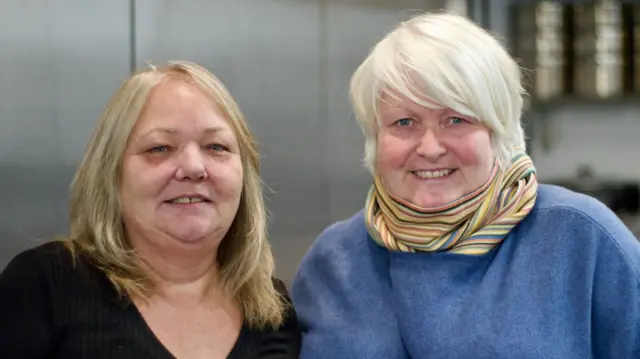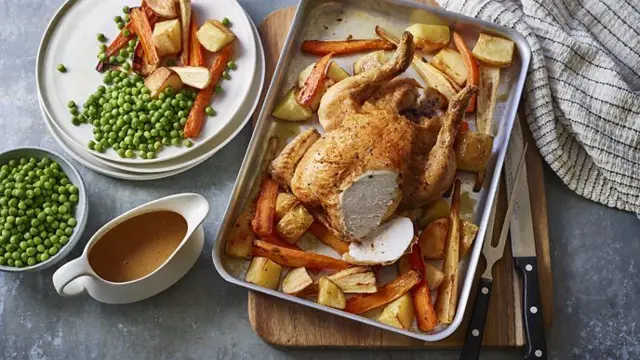
Why isn't the government doing more to help heat homes?published at 14:23 BST 19 October 2022
 Kevin Peachey
Kevin Peachey
Cost of living correspondent
 Image source, Getty Images
Image source, Getty ImagesQuestion: John Roberts asks: "Millions of people rely on heating oil to heat their homes. Why isn't the government doing more to help them?"
Answer: The use of heating oil is widespread.
The cost is a particular issue in Northern Ireland where it is used by 68% of the population, mostly in rural areas.
The government has promised a £100 payment to people who use heating oil to help with their bills.
A review by the Treasury into what happens next with support for energy bills will clearly have to take this issue into consideration too.


